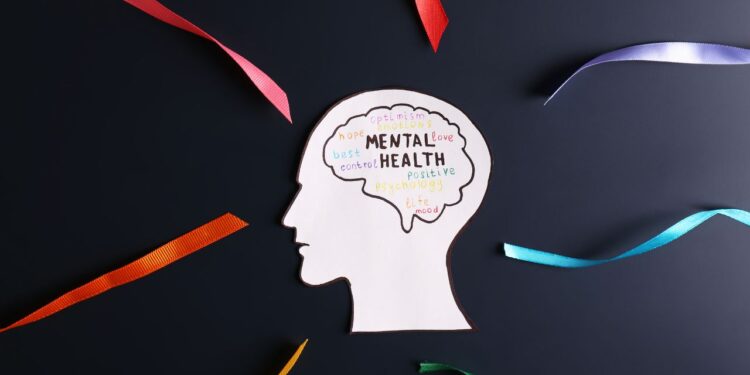Mental health is something we all have, just like physical health. Yet, for many years, talking about it has been seen as taboo. People are often more comfortable discussing a broken leg than anxiety, depression, or stress. But that’s changing—and it needs to.
Mental health awareness is about more than recognising mental illness. It’s about creating a culture where people feel safe to talk about their feelings, seek help when needed, and support each other without judgement. We all go through emotional highs and lows, and it’s okay to not be okay.
According to the World Health Organization, one in eight people globally lives with a mental disorder. That’s over 970 million people. And those are just the reported cases. Many more suffer in silence, afraid of being labelled “weak” or “unstable.” This stigma keeps people from getting the help they need and deserves to be challenged.
Raising awareness begins with education. The more we understand about mental health conditions—like anxiety, depression, bipolar disorder, and PTSD—the better equipped we are to recognise the signs, in ourselves and others. Mental health is not a choice or a weakness. It’s part of being human. Just as someone with diabetes or asthma deserves compassion and care, so does someone dealing with depression or panic attacks.
Social media, work stress, family pressure, and the constant rush of modern life can all take a toll on our mental well-being. That’s why self-care is essential, not selfish. Taking breaks, setting boundaries, getting enough sleep, eating well, and reaching out to others when you need support are all ways to protect your mental health.
Workplaces, schools, and communities also have a role to play. Employers should prioritise mental health benefits and promote a supportive environment. Schools can teach emotional intelligence and coping skills from a young age. The more we normalise these conversations, the stronger and more connected we become.
It’s also important to check in on the people around us. Sometimes, a simple “How are you really doing?” can open the door to a meaningful conversation. You don’t need to have all the answers—just being there and listening can make a difference.
Mental health awareness is not a trend. It’s a movement towards empathy, understanding, and healing. Together, we can break the silence and build a world where mental health is valued just as much as physical health.


